[color-box color=”green”][dropcap]Join[/dropcap] Canadian Expat, Dodie Schadlich, in her weekly column for “Off the Beaten Path”. Discover La Libertad on the south coast of Ecuador in a way rarely seen by expats. Today Dodie shares her experience of dealing with a medical emergency on the coast. Read on for her “wild mouse” adventure [/color-box]
Visting Family- What Could Go Wrong?
This story starts off with a very traumatic accident. I can only laugh now, years later, because my brother-in-law has fully recovered and we had time to reflect back at some of the head-shaking situations that arose during the course of events.
We had only been living on our property for about 7 months when we had a group of family and friends visit from Canada. The place was filled to capacity; all the rental rooms, plus every room upstairs and even the couch had a body in it. You can just imagine the constant buzz of activity.
About a week into their visit, they all decided to head into Salinas Beach and rent Sea-Doos for an afternoon. I decided to stay home and enjoy a little quiet time.
A few hours later, one of them comes running through the door, “Rod was in an accident, they took him by ambulance to a hospital but I don’t know where.”
Rod is my husband’s twin brother who was visiting along with his 2 grown children.
Dealing With An Accident
The details of the accident came out later; as it turns out, his daughter tried to perform a maneuver on her Sea-Doo, but it ran out of fuel. When such a vehicle runs out of fuel, you lose the ability to steer. While Rod was sitting having a smoke and bobbing in the water on his machine, she accidentally plowed into him broadside at nearly 30 miles an hour. A lesser man may have been killed. Thankfully that was not the case here!
I immediately called my go-to taxi driver, Daniel: in my panic-stricken voice and poor Spanish I tried to explain,
–ambulancia– accidente– familia– ahora — hospital– Salinas
Since I was the only one with any Spanish skills (although not great), and also Practical Nurse training, it was unspoken that I would be the one to find him and try to manage the situation.
We arrived at the Salinas Hospital and I rushed inside asking ‘gringo aqui? gringo aqui?’ and they pointed to a curtain where my husband was standing, looking very worried and saying: “This is bad, this is real bad”.
Rod was coherent but pale white, shaking and cold to the touch and obviously going into shock. He grabbed my hand immediately and the first thing he said was:
Don’t let them take my organs.
Resisting the urge to chuckle at his very genuine concern, I assured him that I would not let anyone take his organs.
There were far too many unknowns at the moment and I could not ignore the seriousness of the impact and the fact that he was lying on a little stretcher in a location with no diagnostic equipment, water-stained ceiling tiles, ripped sheets, and not one person in the room that spoke English. I thought there was a strong possibility of internal bleeding and the ‘trauma’ room we were in …. well….. it reminded me of an aging Atco Trailer we used to have in forestry camps back home. I was not feeling overly confident as you can imagine.
We were informed that Rod would be transferred to the new hospital in Santa Elena for Xrays, if they found internal bleeding, we would need to transfer him to Guayaquil for emergency surgery.
Let The Games Begin
We all pile into an old 1971 Dodge 1-Ton Extended Van with Standard Transmission. Rod on a stretcher, Randy and I beside him, the doctor in the back with us and two ambulance attendants up front.
The stretcher appears to be from the 1960s. No straps, safety clips or latches, it is literally free to roll, bump and sway any which way it wants in the back of the ambulance, and boy did it ever!
From Salinas to Santa Elena, with sirens blaring, this old standard van was rocking and rolling, bumping, grinding and jarring all the way. The stretcher is literally bouncing off the walls. Rod had to hold onto the ‘oh-s**t bar’ above his head. I had my body pressed into the front of the stretcher trying to keep him from rolling forward each time the brakes were applied. Randy was at the bottom end trying to keep him from flying out the back doors or bouncing off the walls.
Each jar is met with much cursing, groaning, and expressions of pain. At one point Rod yells out in frustration; “Have they never heard of F$#@ing Automatic Transmissions!?”
Since I was at the top of the stretcher, I had the view out the windshield and would warn the guys as we entered each new intersection. This seemed to be where the worst of the bumping and dodging would take place. Drivers in Ecuador must not be trained to move out of the way when an Ambulance approaches.
It reminded me of the “Wild Mouse” ride from when I was a kid hanging out at the Crystal Beach Amusement Park, except the ride had safety belts.
Through all of this, the doctor is sitting quietly swaying back and forth, calm as can be, reading, checking his cuticles and seems oblivious to this flying stretcher situation unfolding around him.
We Have Arrived
We reach the ER doors at the Santa Elena Hospital. It was a relatively new facility and the machines and surroundings were shiny and modern. They admit him immediately and all they ask for is his name and age and begin working on him quickly and efficiently. No ID, no paperwork, nothing except immediate care.
We get him through Xray pretty quickly and then onto the Echo room. They positioned him in the space-age looking machine on his back, arms extended above his head; he was in great discomfort in this position. I tried to calm him and encourage him to stay still so they can get the images quickly and we can get him some pain medication.
There was an intercom system in the booth where they can communicate with the patient while maintaining a safe distance. He of course. does not understand what they are asking him to do. So I have to go in and out of the booth to try and translate.
Finally, they seemed satisfied, I return to the booth; Click … nothing. Click , turn, click …., nothing. I can tell by the look on their face that they are perplexed. Another turn of the dial and a couple more clicks and still nothing. At this point, they start rummaging around in drawers, then finally find what they were looking for; the user’s manual.
My eyebrows go up. I think really: Is this happening right now?
Enter: The User Manual
Meanwhile, Rod is moaning and groaning in pain and the longer they read the manual that more impatient he is becoming. At this point as they leaf through the manual, he has been on the bed for nearly 30 minutes.
I had to leave the booth twice more to pacify him, while they tried a few more adjustments, clicks, and dials; still nothing. Onto the next chapter of the manual.
I did not have the heart to ask Rod to be patient as they read through the manual. I am pretty sure that would not have been taken well. I just kept making excuses, repositioning him to help ease the pain.
Finally, they decide to call someone in to assist. While we sat in the booth waiting; the two workers discussed their plans for the weekend, but I can hear Rod out on the machine groaning….. and cursing I am glad they didn’t understand what he was actually saying. I was trying to keep a straight face while Rod was ….. well… you might say he was expressing his displeasure with the process.
The new guy came in, turned a dial, click, snap and it was all done, quick as that. Apparently, he read the user manual front to back before arriving.
No Harm Done
They admitted Rod to the ward in a 6-bed co-ed room where of course he was the only gringo. Not one person in the room spoke English and Rod knew only a couple words; one of them being ‘Cerveza’.
As he settled in for the night, I wrote him a note that said, ‘Mucho Pain, Help Me’ which he kept under his pillow and would pull out as needed.
They really do not manage pain in the same manner that we are accustomed to in North America. At one point they were giving him Ibuprofen and of course, his pain was out of control. I spoke to them to try and explain he needs something much stronger. What came out in Spanglish was ‘Ibuprofen is por dolor de menstrual no por impacto’. slapping my hands together for effect. Amused as they were, the continued with Ibuprofen.
They kept him 5 days total for observations because his internal organs were bruised and actually had been pushed out of place by the impact. In the end, he was discharged with a week’s worth of menstrual cramp medicine, his organs slowly moving back into place and the total invoice came to Zero dollars. That is not a typo. The cost was zero. I even asked twice if they were sure; Rod has travel insurance, he can pay. They replied, that it is not required.
I thanked them profusely. Rod was able to come home and enjoy the last few days of his holidays lounging in our pool, with his ibuprofen and a beer in hand.
This photo was taken the day they left Ecuador; he is in the red shorts in front giving me a hug.
After all the dust settled and the smoke cleared, I can confidently say that he received very good care. Even in the old style Atco Trailer, the doctor did all the right things with the resources he had.
The hospital in Santa Elena is modern, clean and professional. The doctors were caring and tried their best to communicate with me. I cannot speak for everyone’s experience in this location or with healthcare in general in Ecuador, but I can say our experience had the best outcome.
If you are ever on the coast and need hospital care, remember this location, pretty sure they have finished reading all the machine manuals by now. Click here for Hospital Information
Want to read other expat experiences of the health care system? Check out these articles:
-
MY EXPERIENCE WITH ECUADOR’S NATIONAL HEALTH COVERAGE: A CAUTIONARY TALE
- INSURED BY IESS? MAKE SURE YOU’RE IN THEIR SYSTEM!
[color-box color=”gray”]Healthcare experiences are wide and varied in Ecuador. Whats your take? Let us know in the comments below![/color-box]

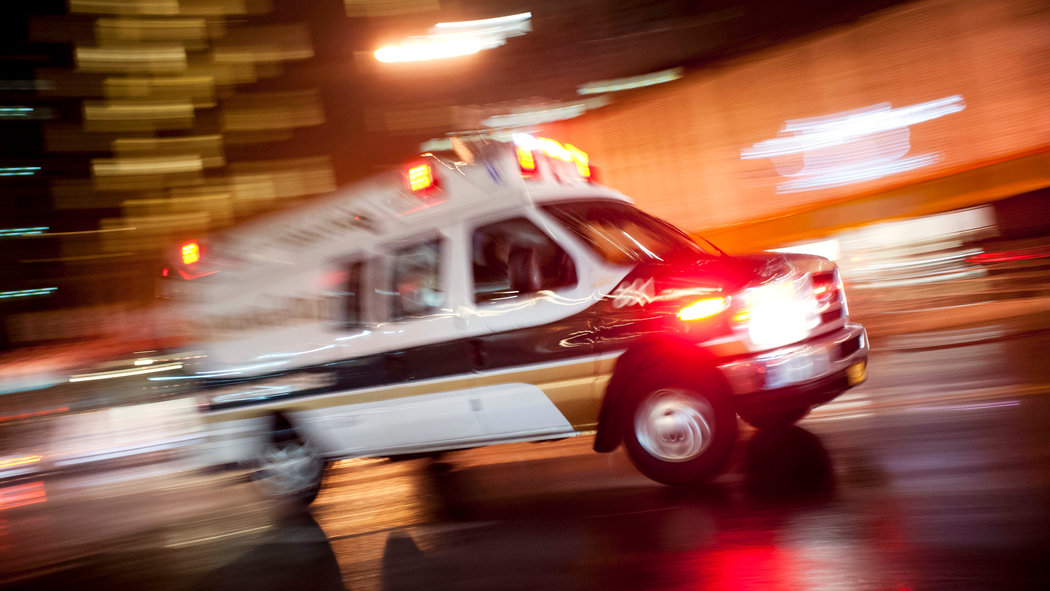


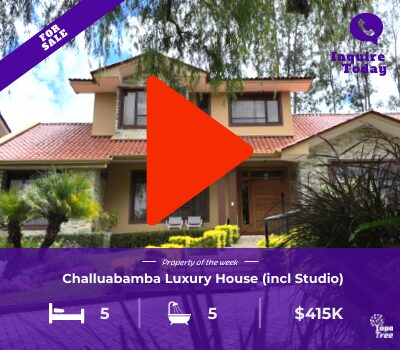






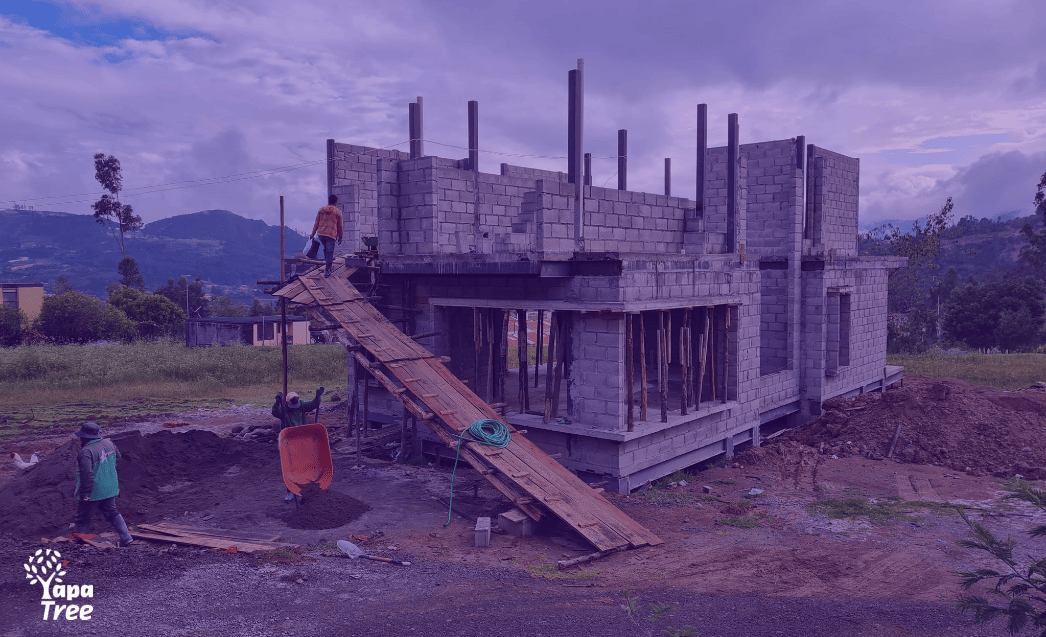
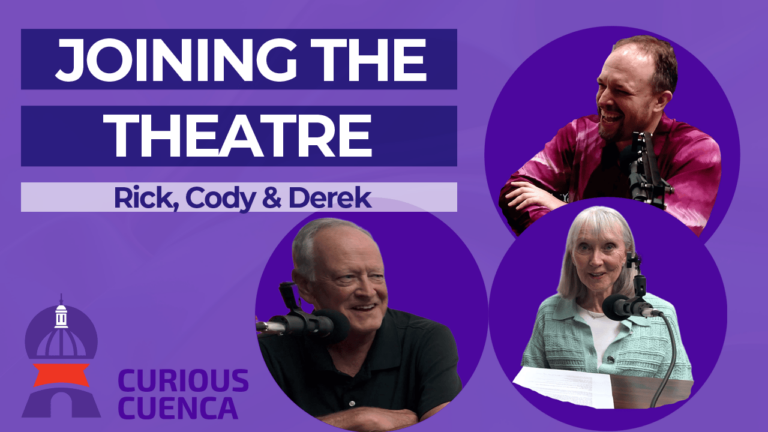
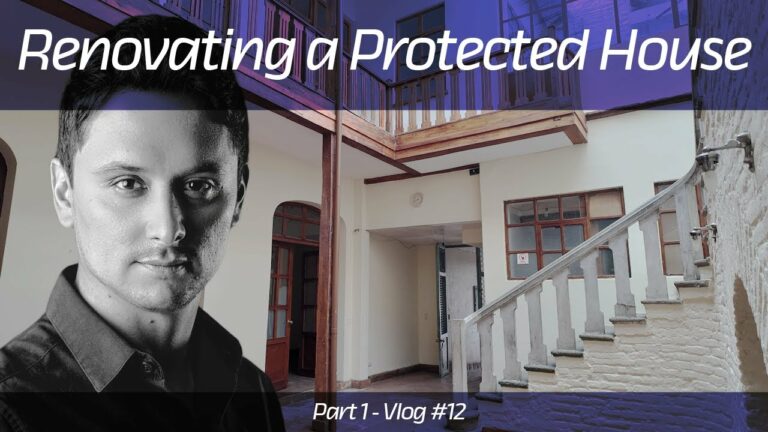
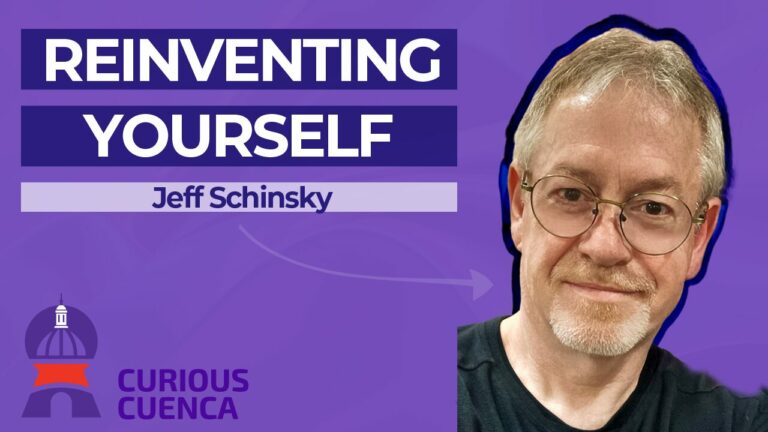
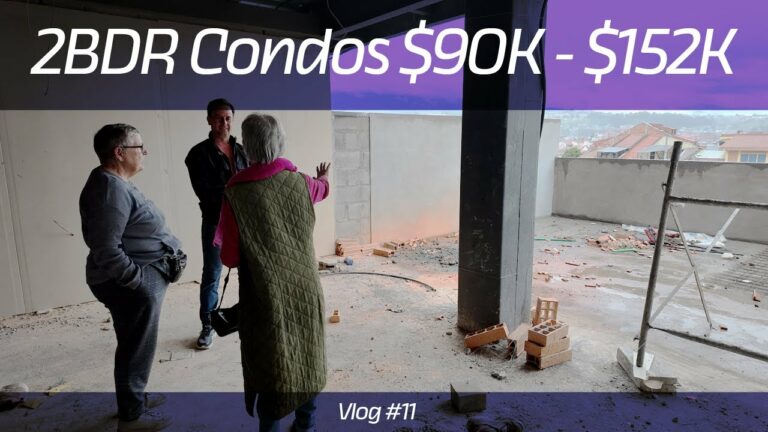
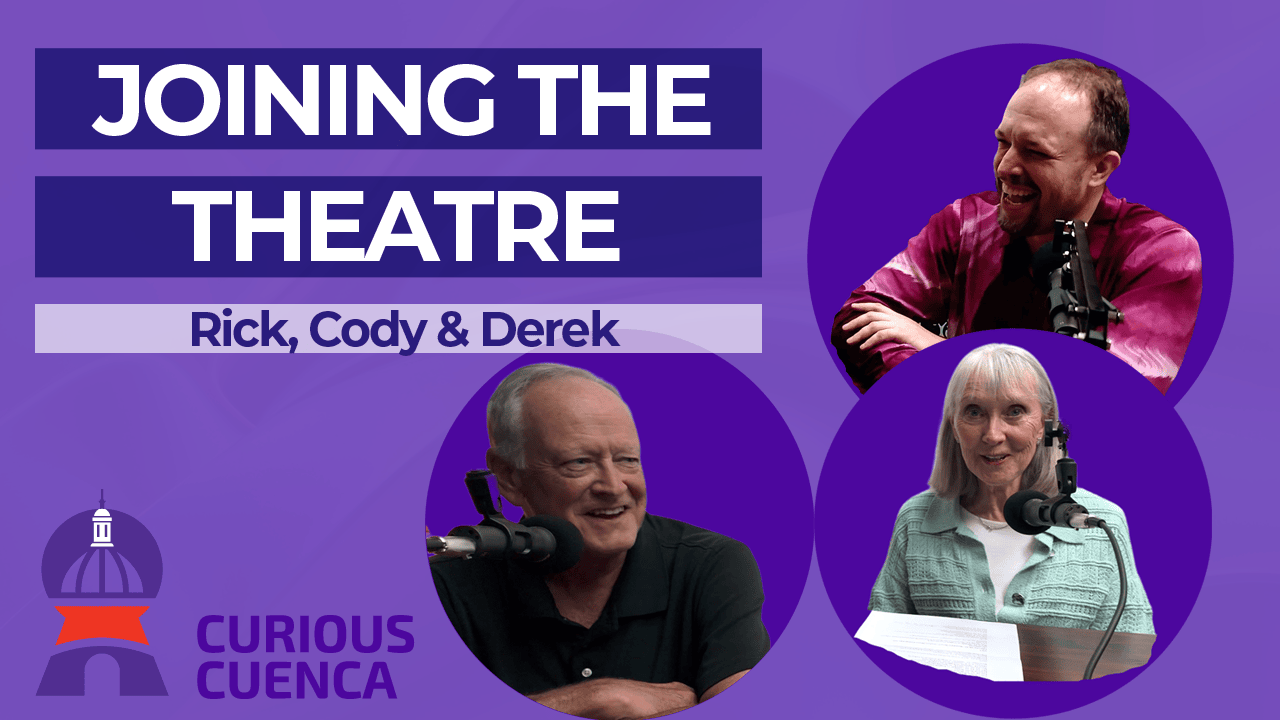
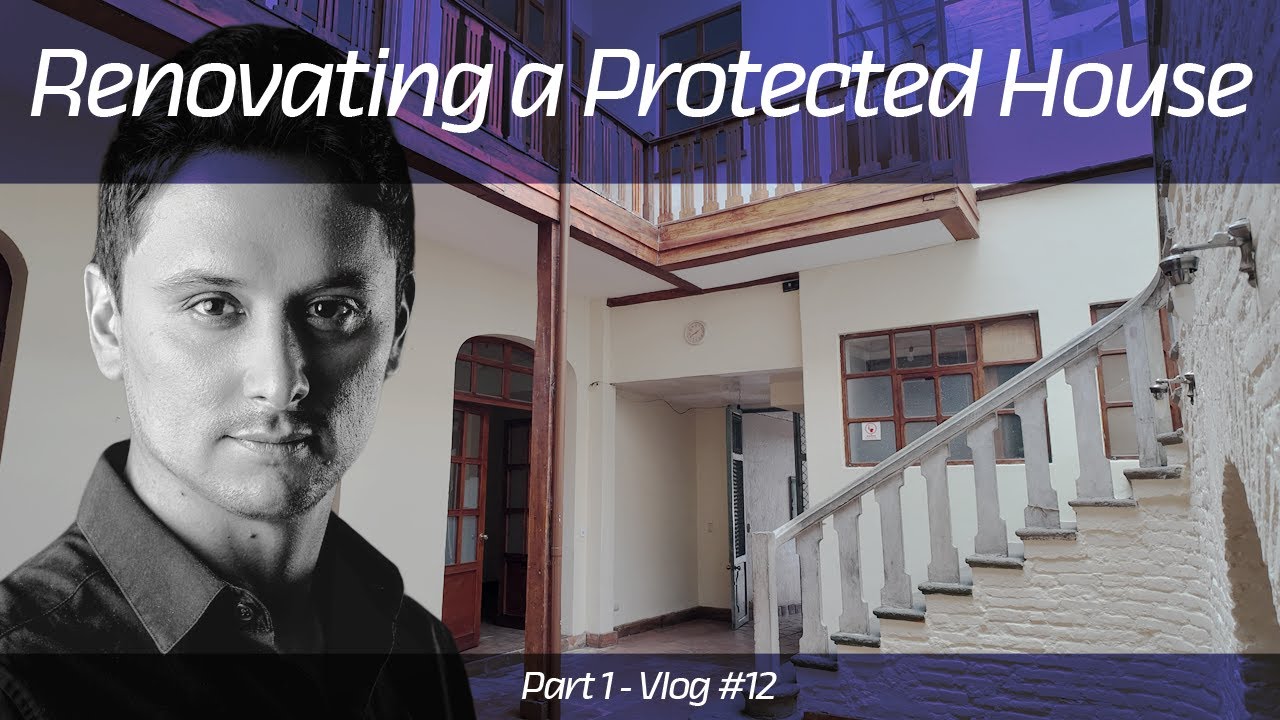
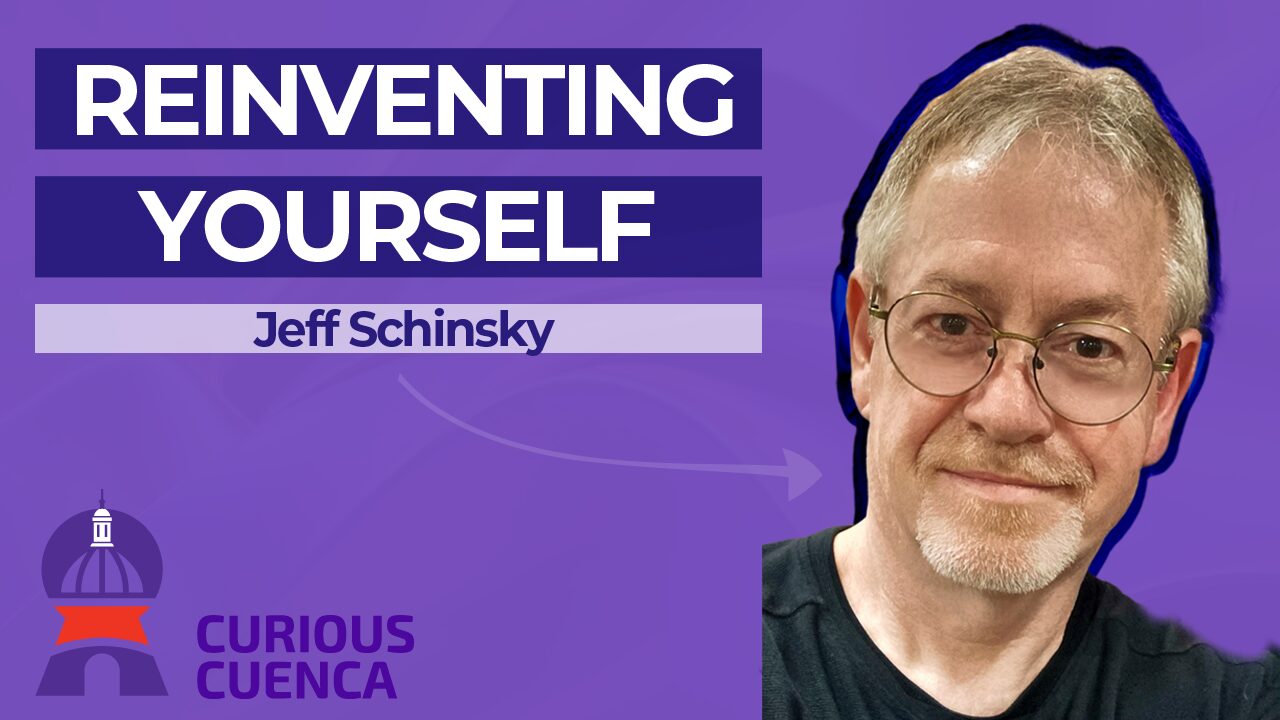
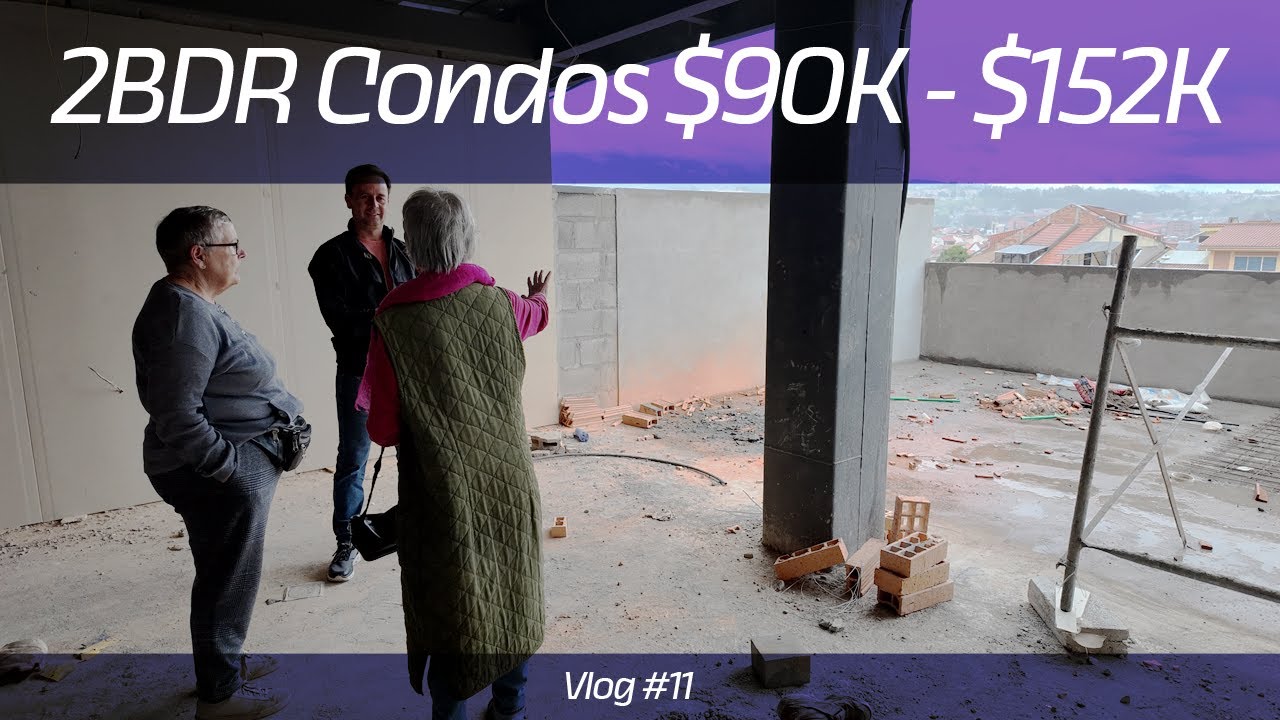
10 Responses
I love how you can tell a story Dodie. Thanks for sharing it!
Thanks Todd
I’m not sure anyone manages pain the way we do in North America. I had a total knee replacement in Muscat, Oman, and was given ibuprofen. I don’t recommend it.
Post Surgical pain relief with Ibuprofen! yikes!
When you state that Ibuprofen is for menstrual pain I am surprised that you are a Practical Nurse. I am pretty sure they were amused at the ignorance of this gringa and not at your comment. It is an anti- inflammatory drug used to control fever, ease pain and inflammation and I recall the family doctor in Canada prescribed it for my Mum for her arthritis.
Thanks for your comments Louie. For clarification. The point of my story is I did not have many Spanish words to describe the message I wanted to make; that Ibuprofen is not used for intense pain from an impact. This article was not about giving medical advice. As for Ibuprofen, you may want to research common uses for the drug for future reference. https://www.drugs.com/ibuprofen.html
I am not just a practical nurse, I also a 50-year-old women that suffers menstrual cramps from time to time and guess which drug I use for relief…………………..
Dodie, great story. Funnily enough, when we were there checking out a property (which we ended up purchasing), the owners drove us around to various places, so we could see how far from the house they were. They drove us to an almost brand-new medical centre about 5 minutes from “our” place…I believe it’s the one in your story.
Perhaps you could pop in and check to ensure they’ve read all the manual by now 😉
Michael it sounds like we are neighbors then. I will have you come with me and we can ask about the manuals! It was so …. unusual… but funny at the same time so watch this take place.
Excellent article, Dodie. Your humor comes through even though at the time it must have been really scary. Glad it all worked out for everyone.
Thanks Doris! It really truly was scary at the time. Things could have gone far worse and I am so very grateful for the outcome. When you have time to reflect back on some situations, is when you can pick out the irony. After the first hospital, plus the ambulance ride from hell, I can tell you that I was very happy to see such a modern and efficient center at the other end! I am even grateful they had the manuals available or the story would have been different yet again.